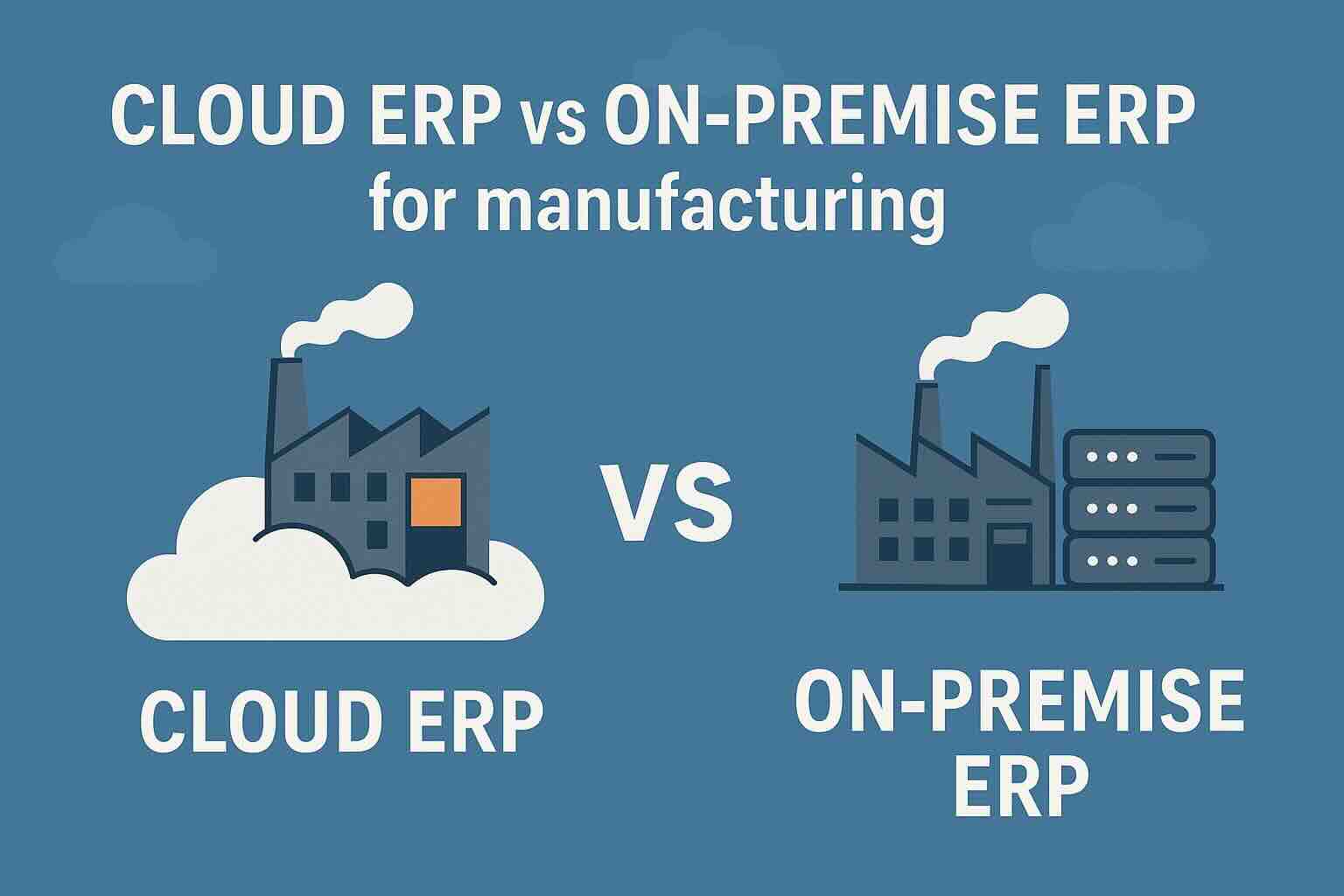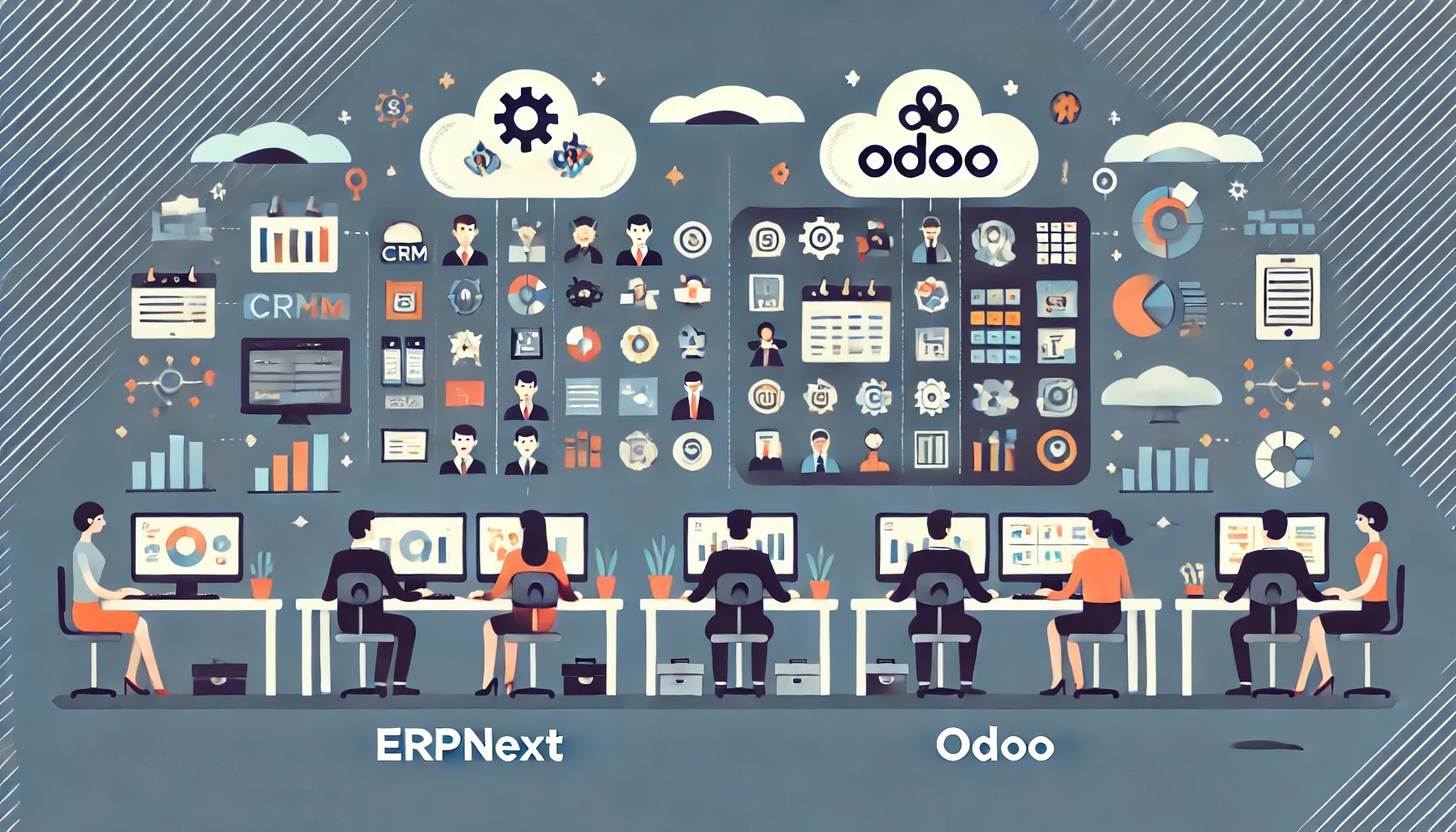Is Sage Intacct the Right Choice for Oil, Gas & Energy Businesses?

In the complex and ever-evolving landscape of the oil, gas, and energy sectors, managing finances and operations effectively is critical. With fluctuating commodity prices, stringent regulations, and a pressing need for efficiency, businesses require software solutions that can keep pace. Sage Intacct for oil, gas, and energy emerges as a compelling choice, offering specialized tools designed to address the unique challenges of this industry. But is it the right fit for your organization? Let’s explore.
Understanding Sage Intacct
Sage Intacct is a cloud-based financial management platform that caters to a wide array of industries. Known for its flexibility, scalability, and powerful reporting capabilities, it has gained traction among businesses looking for robust solutions to streamline operations. Sage Intacct is particularly effective in industries that demand multi-entity consolidations, compliance tracking, and real-time reporting—key requirements for oil, gas, and energy businesses.
Why Sage Intacct Fits the Oil, Gas & Energy Sector
1. Multi-Entity and Multi-Currency Management
Oil, gas, and energy companies often operate across multiple locations, countries, or subsidiaries. Sage Intacct simplifies multi-entity management, enabling organizations to consolidate financial data in real time. Its multi-currency capabilities allow businesses to navigate international transactions seamlessly, making it easier to manage global operations.
2. Real-Time Financial Insights
In an industry where informed decision-making can impact profitability, having access to real-time data is invaluable. Sage Intacct’s robust dashboard and customizable reporting tools provide instant insights into key performance indicators (KPIs) like production costs, revenue streams, and operational efficiencies. This visibility empowers stakeholders to make proactive decisions.
3. Streamlined Joint Venture Accounting
Joint ventures are common in the oil and gas industry, but they come with complex accounting challenges. Sage Intacct excels in joint venture accounting by automating revenue-sharing calculations, expense allocations, and compliance tracking. Its automation capabilities reduce manual errors and save significant time for accounting teams.
4. Compliance and Audit Readiness
Regulatory compliance is a non-negotiable aspect of the energy sector. Sage Intacct ensures businesses remain compliant with industry standards and governmental regulations. With an easily auditable system, companies can streamline processes for internal and external reviews, reducing the risk of penalties or reputational damage.
5. Budgeting and Forecasting
Volatile market conditions in oil, gas, and energy demand precise budgeting and forecasting. Sage Intacct’s tools help businesses model different scenarios and adjust financial strategies quickly. This agility ensures companies can adapt to changing market dynamics effectively.
6. Cost Control and Expense Management
Managing operational costs is a priority for energy companies. Sage Intacct allows businesses to track and categorize expenses granularly, ensuring that every dollar spent aligns with strategic objectives. Features like automated expense reporting and integration with procurement systems further enhance cost control.
Key Benefits of Sage Intacct for Oil, Gas & Energy
Cloud Accessibility
The cloud-based nature of Sage Intacct ensures that financial data is accessible from anywhere, fostering collaboration among teams spread across geographies. This is particularly advantageous for energy businesses with operations in remote locations.
Scalability
As energy companies expand or diversify, their financial management software must scale with them. Sage Intacct’s modular architecture allows businesses to add functionalities as needed, making it a future-proof solution.
Integration Capabilities
Sage Intacct integrates seamlessly with other critical systems, such as enterprise resource planning (ERP) tools, asset management software, and payroll systems. This interoperability ensures a cohesive ecosystem for managing various business functions.
Automation
From accounts payable and receivable to project accounting, Sage Intacct automates repetitive tasks, saving time and reducing errors. For industries with high transaction volumes like oil and gas, this translates to significant efficiency gains.
Challenges to Consider
While Sage Intacct offers numerous advantages, it’s essential to evaluate potential challenges:
1. Implementation Complexity
Migrating to Sage Intacct from legacy systems can be complex, particularly for large enterprises with intricate processes. Proper planning and expert guidance are crucial for a smooth transition.
2. Customization Needs
Every oil, gas, and energy business has unique requirements. Although Sage Intacct is highly customizable, businesses may need additional time and resources to tailor the platform to their specific needs.
3. Cost
For smaller energy companies, the cost of implementing Sage Intacct might seem prohibitive initially. However, the long-term savings and efficiency gains often justify the investment.
Is Sage Intacct Right for Your Business?
To determine if Sage Intacct is the right fit, consider these factors:
- Operational Complexity: Do you manage multiple entities, currencies, or joint ventures?
- Data Needs: How important is real-time financial data for your decision-making?
- Growth Goals: Are you planning to expand geographically or diversify your portfolio?
- Current Systems: Are your existing financial tools outdated or inefficient?
- Compliance Requirements: Do you need robust tools for regulatory adherence?
If you answered “yes” to most of these questions, Sage Intacct could be an ideal solution.
Getting Started with Sage Intacct
Implementing Sage Intacct successfully requires careful planning. Partnering with an experienced vendor or consultant can ensure the software aligns with your business goals. Begin by conducting a thorough needs assessment and defining your objectives clearly. Regular training and support for your team will also maximize the platform’s potential.
Conclusion
The oil, gas, and energy sectors demand financial management solutions that are not only powerful but also flexible enough to adapt to their unique challenges. Sage Intacct for oil, gas, and energy delivers on these requirements, offering features like multi-entity management, real-time insights, and robust compliance tools. While implementation requires investment and planning, the long-term benefits—enhanced efficiency, better decision-making, and scalability—make it a worthy contender for businesses in this dynamic industry.
Whether you’re navigating market volatility or expanding operations, Sage Intacct equips energy businesses with the tools they need to thrive. If efficiency and insight are priorities, it may be time to consider Sage Intacct as your financial management partner.
To find out more about Sage Intacct you can visit this link.
To compare Sage Intaact with 100s of other ERP solutions, you can use our new AI-powered Compare ERP tool. It’s free to use and you get a guaranteed discount on your first year’s licence fees with a referral from Compare ERP.









